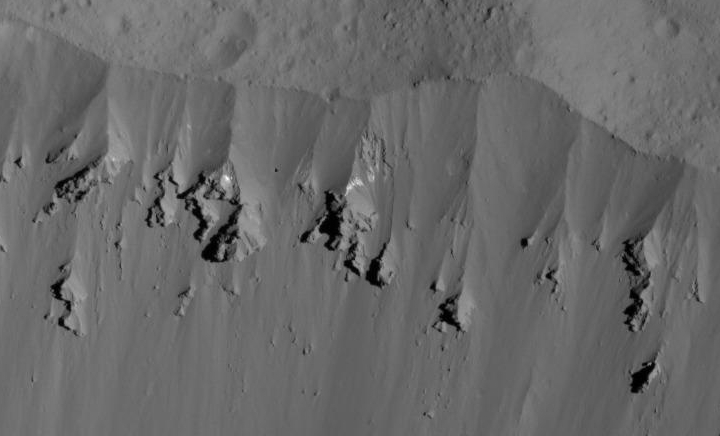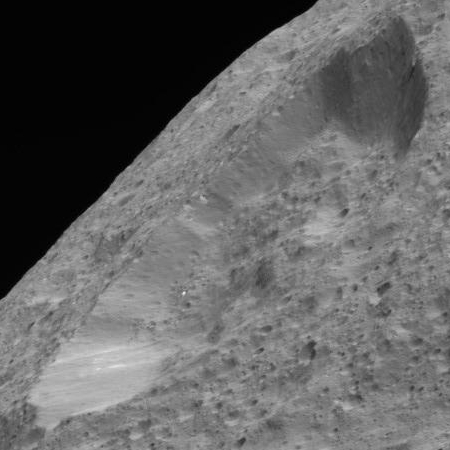Scientist proposes aerobraking asteroids into Earth orbit
What could possibly go wrong? A scientist has proposed the use of the Earth’s atmosphere to aerobrake resource-rich asteroids into Earth orbit to make them easily available for mining.
In the new paper, Tan and colleagues propose using aerobraking to slow small asteroids enough that they don’t just shoot straight past Earth, but stay in orbit, where they could be mined for platinum or water. Those resources could then be taken to space stations to supply future missions or operations. Water, they write, could even be split into hydrogen and oxygen for fuel. All it would take is a precisely calculated push from an unmanned spacecraft, they report this month in Acta Astronautica.
And if the maneuver were done far enough from Earth—millions of kilometers, in most cases—it likely wouldn’t take much effort. That’s because a small push from far away would greatly change the angle of an incoming space rock’s path. Tan notes that each case would be different, depending on the trajectory of the target asteroid, and says that modifications might be necessary if the asteroid gets off track.
They propose doing this only with small asteroids, less than 100 feet in diameter.
I am sure my readers can outline the numerous problems with this proposal. From my perspective, the primary one is that it is almost impossible to predict the precise path of these kinds of asteroids. Their rotation and irregular shape combined with radiation pressure from the Sun tends to make their solar orbits somewhat chaotic and difficult to predict at the accuracy needed to safely nudge them into a close fly-by of the Earth.
What could possibly go wrong? A scientist has proposed the use of the Earth’s atmosphere to aerobrake resource-rich asteroids into Earth orbit to make them easily available for mining.
In the new paper, Tan and colleagues propose using aerobraking to slow small asteroids enough that they don’t just shoot straight past Earth, but stay in orbit, where they could be mined for platinum or water. Those resources could then be taken to space stations to supply future missions or operations. Water, they write, could even be split into hydrogen and oxygen for fuel. All it would take is a precisely calculated push from an unmanned spacecraft, they report this month in Acta Astronautica.
And if the maneuver were done far enough from Earth—millions of kilometers, in most cases—it likely wouldn’t take much effort. That’s because a small push from far away would greatly change the angle of an incoming space rock’s path. Tan notes that each case would be different, depending on the trajectory of the target asteroid, and says that modifications might be necessary if the asteroid gets off track.
They propose doing this only with small asteroids, less than 100 feet in diameter.
I am sure my readers can outline the numerous problems with this proposal. From my perspective, the primary one is that it is almost impossible to predict the precise path of these kinds of asteroids. Their rotation and irregular shape combined with radiation pressure from the Sun tends to make their solar orbits somewhat chaotic and difficult to predict at the accuracy needed to safely nudge them into a close fly-by of the Earth.

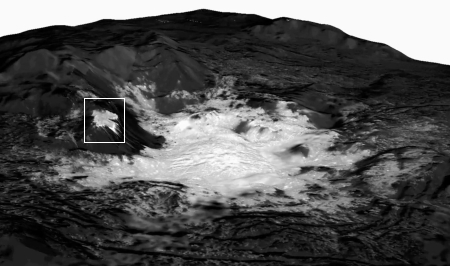
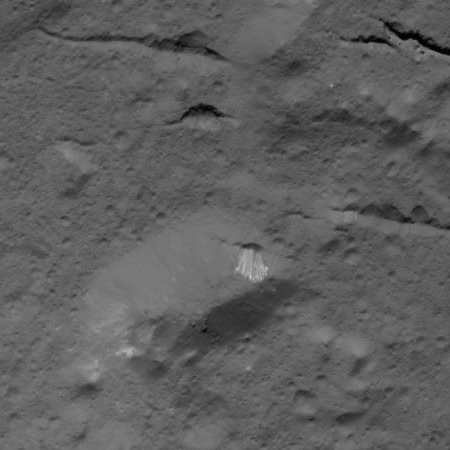
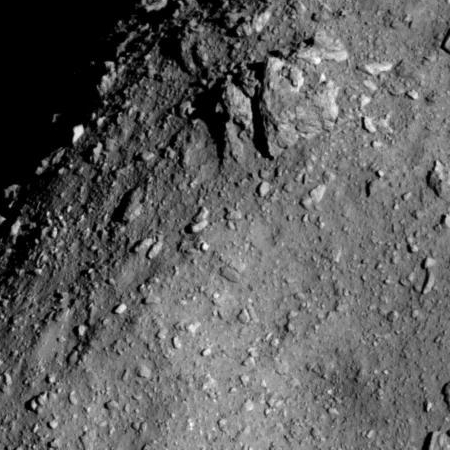
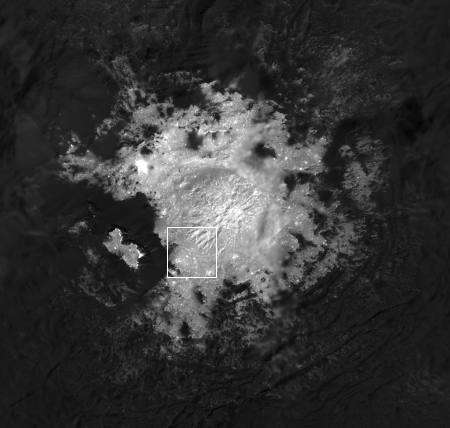
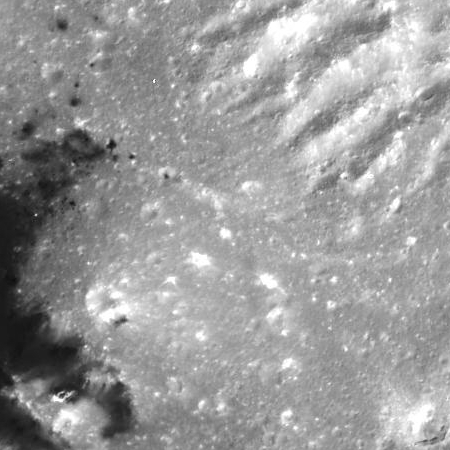
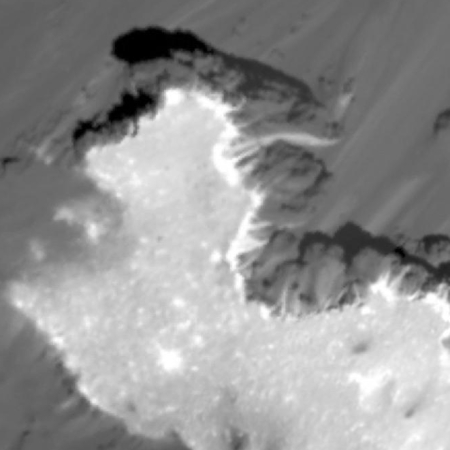
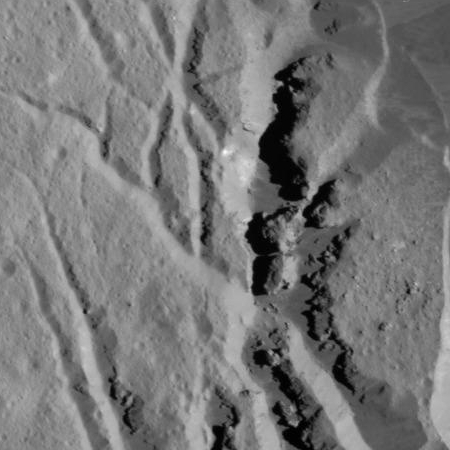
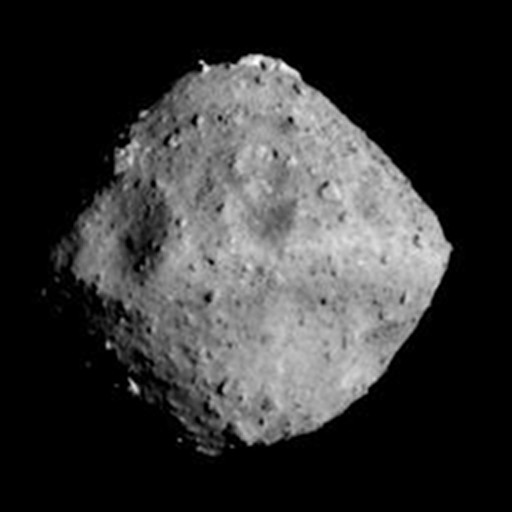
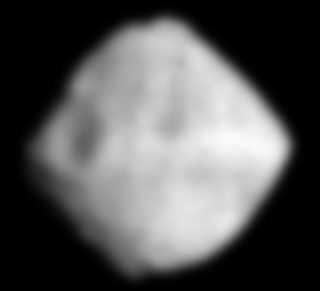 l
l
